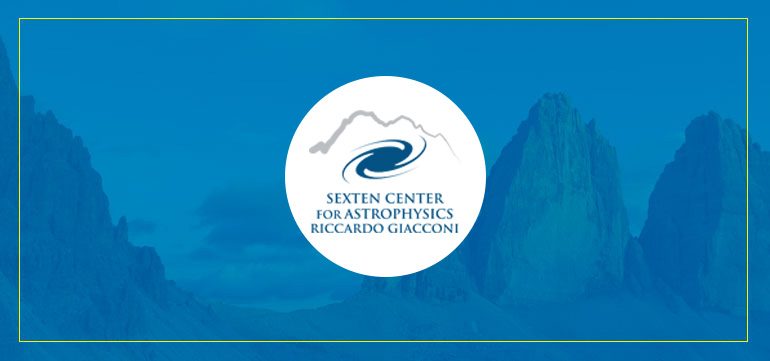
Clues on GRB origin from chemical evolution models
LOCATION: Sport & Kurhotel at Bad Moos - Via Val Fiscalina 27, 39030, Sexten
DETAILS
Scientific rationale of the workshop and main topics
After 50 years of their discovery and after 20 years of the first afterglow detection, the origin of Gamma Ray Bursts is still debated. Gamma Ray Bursts are now observed up to very high redshift and provide a unique tool to study the early Universe. Chemical evolution models of galaxies of different morphological type predict different abundance patterns for different galaxies. This is an important tool which allows us to infer the morphological type of a galaxy at high redshift. Abundance patterns, such as abundance ratios versus metallicity vary according to the different star formation histories in galaxies. In this way, the nature of galaxies hosting GRBs at high redshift can be inferred and their history of star formation reconstructed. Supernova II, Ib, Ic rates and therefore the GRB rates depend strongly on the star formation history of the hosting galaxy. Once the history of star formation and the galaxy nature are inferred, we can impose constraints on the supernova and compact objects (neutron stars and black holes) formation rates and as a consequence of this, on the GRB origin, including the short GRBs which are thought to originate from merging neutron stars.
In this conference we like to focus on the following topics:
i) Developments in GRB physics
ii) GRB environment studies
iii) The origin of GRBs and their rate in galaxies
iV) the supernova and neutron star formation rates and their connection to GRBs
v) galactic chemical evolution models and their role in identifying the nature of galaxies hosting GRBs
vi) the cosmic GRB rates both for long and short GRBs
vii) models of long and short GRBs progenitors
viii) new instruments to study GRB at High Redshift
Each contribution will consist of a 30 min talk plus 10 min for discussion.
RELATED FILES
FEE
Senior: 350 Eur Student: 300 Eur
WORKSHOP CODE FOR PAYMENT
ORGANIZERS
Francesca Matteucci ( matteucci@oats.inaf.it ) Francesco Longo ( francesco.longo@ts.infn.it )
